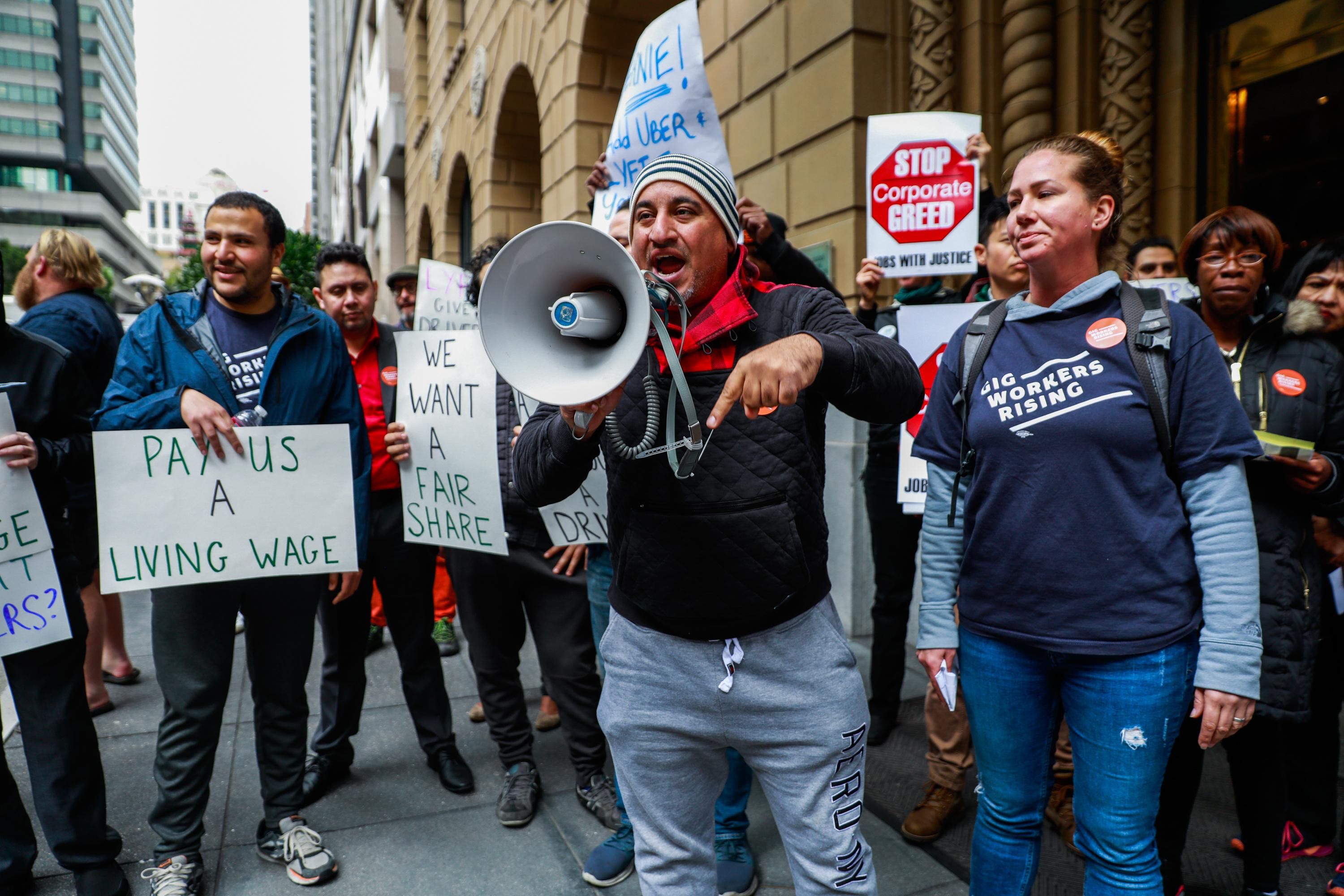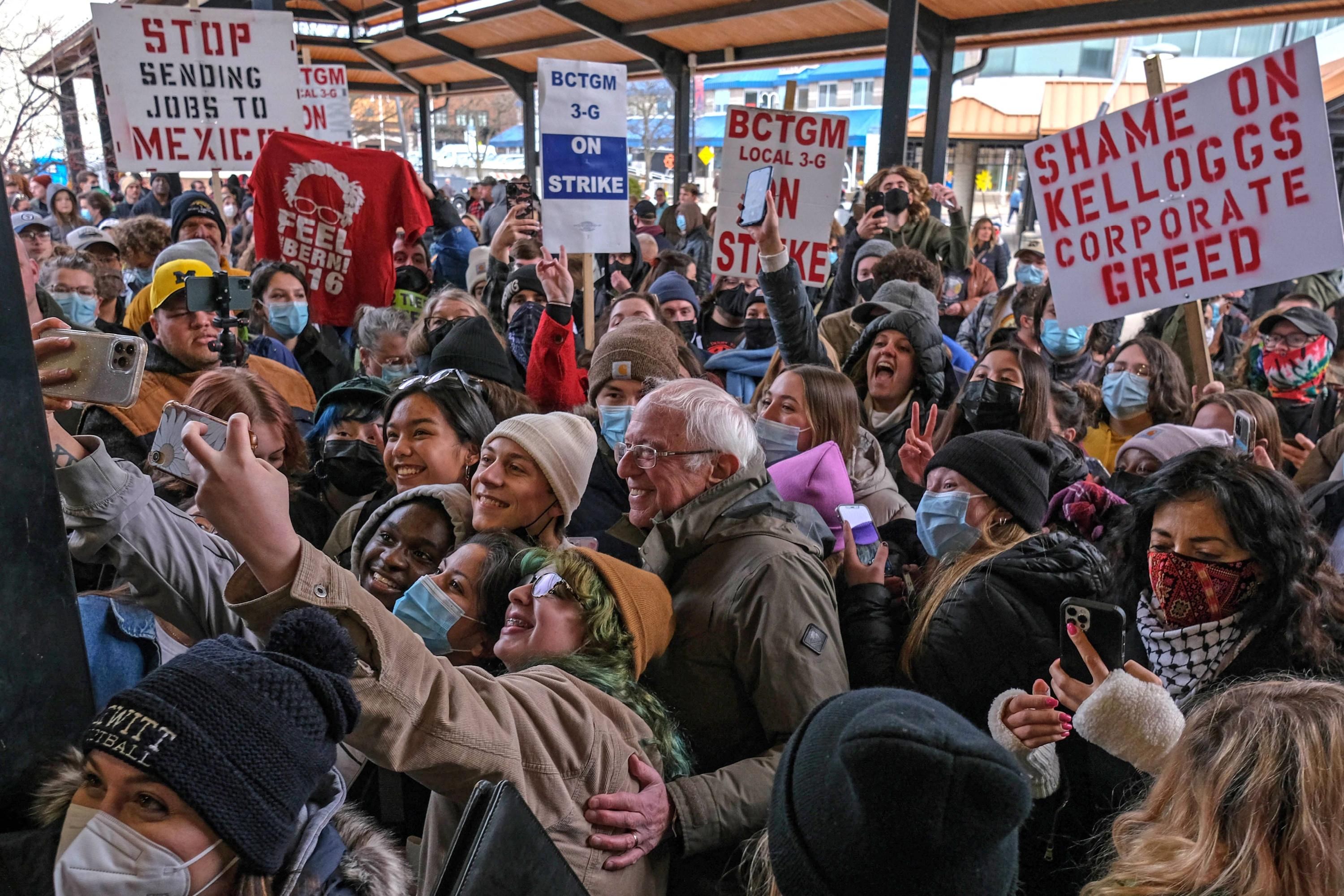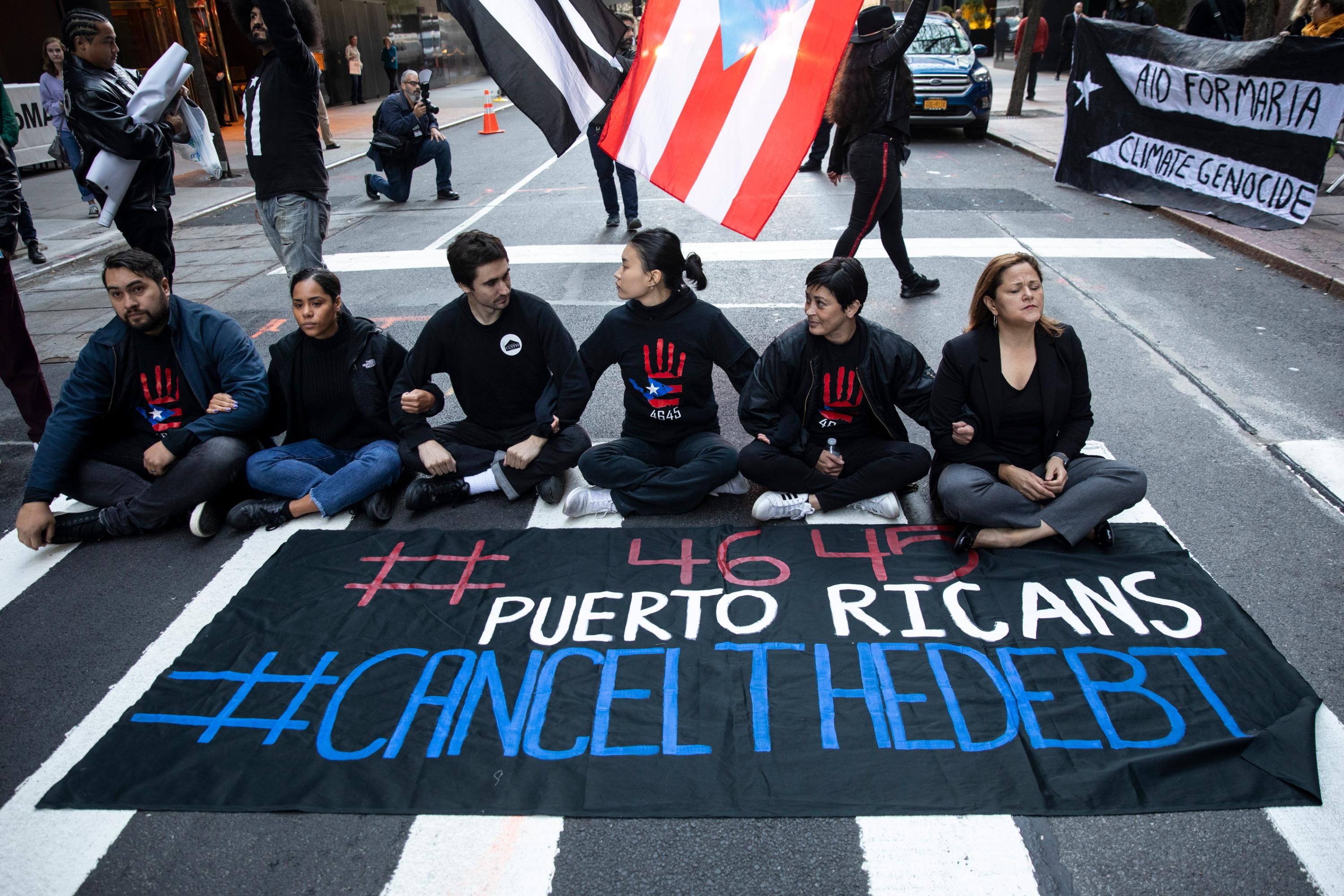
Las Vegas, Nevada. Photo by Thomas Wolf, Wikipedia Commons.
January 20, 2022
By Doug French*
The crown jewel of Las Vegas trade shows, the Consumer Electronics Show, just left town having attracted only a quarter of the show’s typical attendance. At the same time, the Consumer Electronics Show was the first big test for Elon Musk’s Boring Company’s one mile underground tunnels running from one end of the Las Vegas convention center to the other, theoretically turning a twenty-minute-walk into a one-minute-ride.
Alissa Walker describes the scene in Musk’s underground tube for New York magazine’s Curbed, “This week, a one-minute video showed the vehicle stuck in traffic for at least that long, as the driver—a human; more on that in a minute—merges into an underground parking garage, where dozens of people are getting into seemingly ordinary cars, all of them also about to get stuck in seemingly ordinary traffic, except they’re trapped inside what looks like the world’s longest MRI machine.”
The Las Vegas’s convention authority, Las Vegas Convention and Visitors Authority, paid Boring Company $50 million for this pair of mile long tunnels. Ms. Walker points out that Musk’s company is contractually obligated to move 4,000 people per hour for 13 hours a day during major trade shows. The penalties can run up to $300,000 per event or a total of $4.5 million.
The assumptions for these penalties were based upon driverless vans holding a dozen passengers, which hasn’t materialized. Walker writes, “it’s plain to any observer that there are not 4,000 people moving through this tunnel per hour, and recent data showed it’s more like 1,300 people per hour—about the capacity of standard (and, often, autonomous) people movers all over Vegas—meaning the Boring Company has massively shortchanged its client.”
And then there is this from a twitter post, “so I rode Musk’s loop at the convention center just once to see it. Never again. Total Death Trap. Can anyone else see the problem with having a tunnel that’s too small to fit a fire engine, filled with Teslas, which have huge batteries in therm (sic)? The plan if one catches fire, I shit you not, the cars behind are to reverse back down the tunnel out.”
The tweeter has a point. There have been so many Tesla fires, a website has been created to keep track and provide details.
Meanwhile, Ms. Walker continues, Boring Company has found more business in Las Vegas. “[I]n October, Musk’s Boring Company won unanimous approval from Clark County to extend his tunnels beneath the Strip, with contracts to build stations at several hotels. The hotels are footing the bills for the next phase, so at least the city’s money won’t continue to be buried in this underground money pit.”
In other Las Vegas Convention and Visitors Authority news, its board of directors approved a $40 million budget to host the 2024 Super Bowl, “the largest noncapital amount ever spent for a single event by the LVCVA,” the Las Vegas Review Journal’s Richard Velotta reports. The committee expects to spend $60 million to host the big game and thus will have to raise $20 million from somewhere. It’s believed the committee will sell corporate sponsorships to fill the gap.
Las Vegas was built by money from suckers. We can now add the Las Vegas Convention and Visitors Authority and the strip hotels to the list.
*About the author: Douglas French is President Emeritus of the Mises Institute, author of Early Speculative Bubbles & Increases in the Money Supply, and author of Walk Away: The Rise and Fall of the Home-Ownership Myth. He received his master’s degree in economics from UNLV, studying under both Professor Murray Rothbard and Professor Hans-Hermann Hoppe.
Source: This article was published by the MISES Institute



:quality(70)/cloudfront-eu-central-1.images.arcpublishing.com/thenational/KEVSBHJ6YQAGZJHQKS7GQYNOIA.jpg)
:quality(70)/cloudfront-eu-central-1.images.arcpublishing.com/thenational/7ENWZRCYJEAMFMA5RY5L36AUTE.jpg)
:quality(70)/cloudfront-eu-central-1.images.arcpublishing.com/thenational/HAAW24CXKPVUPQ32FSCNEEILT4.jpg)
:quality(70)/cloudfront-eu-central-1.images.arcpublishing.com/thenational/MY66SNEGOXRLUDIR37OFR7FSXM.jpg)
:quality(70)/cloudfront-eu-central-1.images.arcpublishing.com/thenational/GIWN2J6RLUMOZBSREKKK27OK6E.jpg)
:quality(70)/cloudfront-eu-central-1.images.arcpublishing.com/thenational/CUI3N6MLIKYC6DA6N5YHMZVYFI.jpg)
:quality(70)/cloudfront-eu-central-1.images.arcpublishing.com/thenational/HNL2ITPTMW6WW6FTJTDNIQCJCA.jpg)
:quality(70)/cloudfront-eu-central-1.images.arcpublishing.com/thenational/OKLM7AI4Q7BTMP56GGGLNWEUDE.jpg)
:quality(70)/cloudfront-eu-central-1.images.arcpublishing.com/thenational/MNWDVAWT5FUWYIDI4O5BZFX3SM.jpg)
:quality(70)/cloudfront-eu-central-1.images.arcpublishing.com/thenational/6FW53ARGOPNXFTMFJDBZDZPIHI.jpg)













